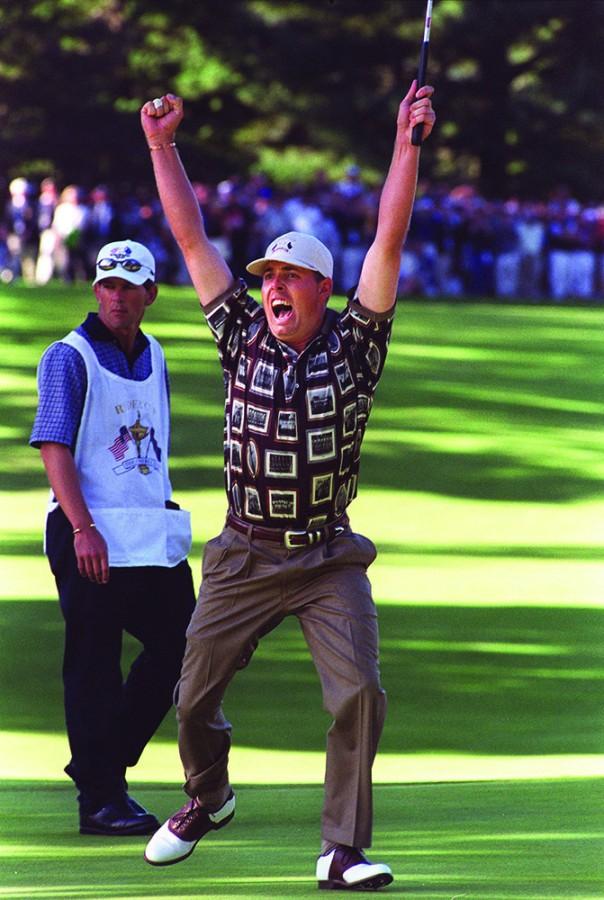Sports are important to a person’s character. Being an athlete tends to produce tools that can be used throughout a lifetime. They increase cooperation, coordination and creativity in an athlete’s everyday life. Those characteristics can often be ignored when an athlete displays unsportsmanlike behavior due to heavy competitiveness instilled in their mind. Once that kind of behavior is showed, it is easy to just quickly assume that the athlete is just a “poor sport” or just excessively competitive. What is often ignored is the rationale to this type of intense competiveness and how their environment can affect them psychologically.
Psychologists have separated the reasons into three different climates: Mastery climate, ego climate and the competitive climate.
According to a psychologytoday.com article “Winning is everything: Myth vs. Reality” by Frank L. Smoll Ph.D, the mastery climate is an environment that emphasizes skill development, personal and team success, maximum effort and fun. The mastery climate is about 10 times more influential than a team’s win-loss record. The athlete tends to work hard while improving and helping others get better.
While a mastery climate is a positive environment for an athlete, an ego climate is pretty much the opposite of that. An ego climate is when the main goal is winning, and the athlete feels as if being better than another player defines their success and heightens their perception of their ego. In another words, they get a “big head” from their success.
A competitive climate enhances an athlete’s insecurities and doubt. According to educated sportsparent.com, they tend to believe that if they perform poorly in their desired sport that they will be punished for their mistakes causing the successful players to be the primary focus. Competitive climate, along with the ego climate is greatly damaging to one’s character outside of their athletic life.
According to iaaf.org, athletes with requisite “mental toughness” are more likely to be successful. This proves that being a physically outstanding athlete is only one part of the whole equation. Some of the common psychological stresses that an athlete can come upon are: sleep disturbance, fatigue, irritability, muscle tension, and injury.
Sports psychologists can actually teach skills that will help athletes enhance their motor skills, and how they deal with competitive pressures that are often handed to them on the daily. They believe that learning relaxation techniques can be very beneficial along with mastering all of the types of concentration will help an athlete manage a competitive setting. Self-talk, the act of talking to themselves either aloud or just mentally is also highly encouraged and helps athlete be mentally prepared for competitiveness within themselves and their environment.




